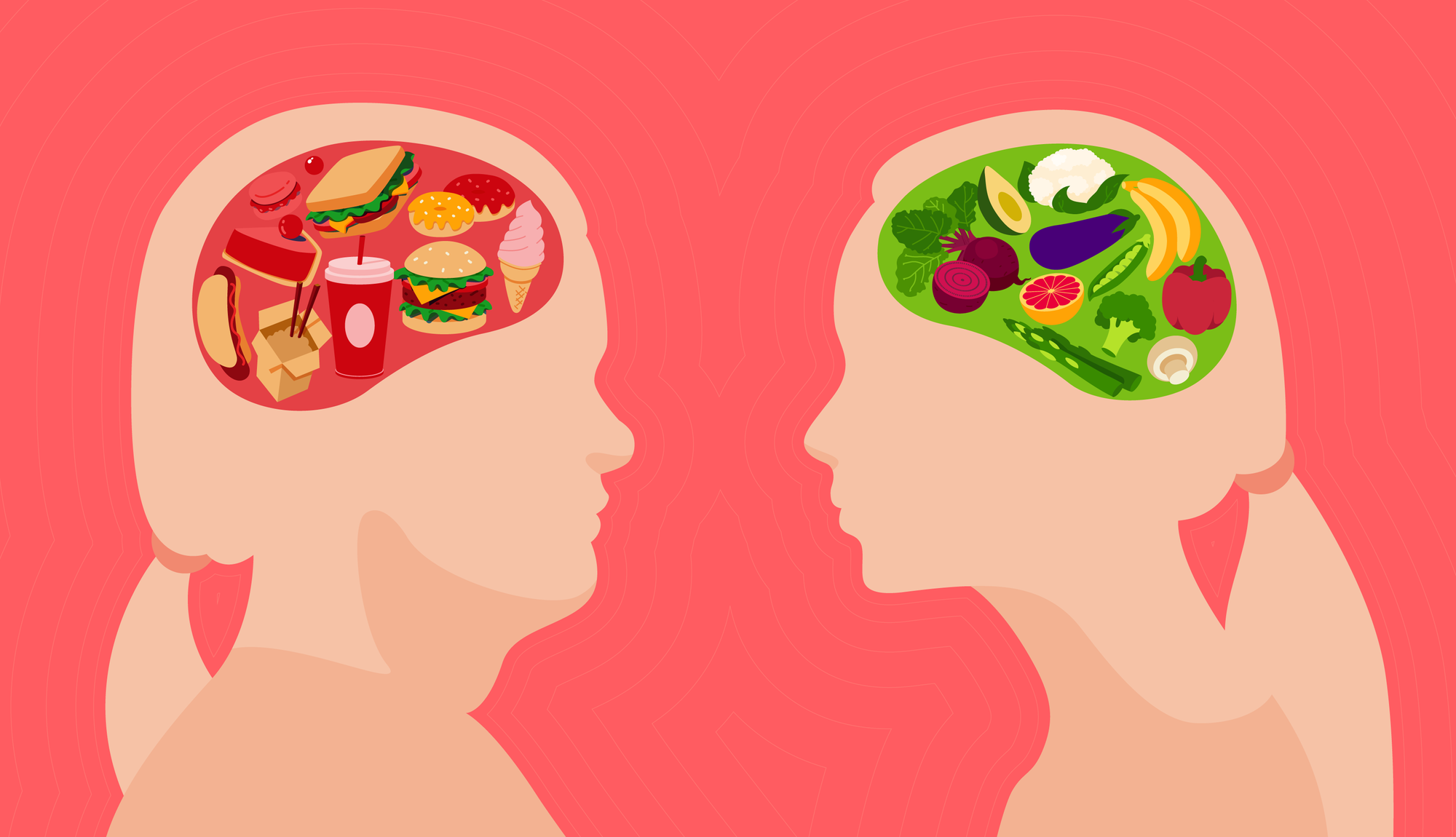What you eat can have a big impact on your mental health. A diet high in fruits and vegetables, whole grains, seeds, and unsaturated fats is beneficial to your mental health. Making healthier food choices will benefit your physical and mental health as well as your fitness. Here are some easy tips to help you with eating healthily to improve your mental health.
Plan Ahead
Eating a variety of foods increases the likelihood that your body will receive the nutrition it requires. Plan and shop for meals ahead of time to make things easier. Make extra meals and freeze them in portion sizes for times when you don’t feel like cooking.
Avoid missing meals
Eating three balanced meals a day helps to maintain your energy levels and provides essential nutrients to your brain.
Begin your day right
Breakfast breaks the overnight fast of your brain. Begin your day with porridge, wholegrain bread or cereal, dairy, and fresh fruit. These foods are rich in nutrients that your brain requires.
Choose the appropriate drinks
Dehydration can lead to foggy thinking, poor memory, and fatigue. A healthy fluid intake is 6 to 8 cups per day. Water should make up at least half of your fluid intake. However, tea and coffee, herbal drinks, milk or milk substitutes, and fruit juice can all be included. Avoid having sweet drinks or juices between meals to protect your teeth. You can flavor the water with strawberries or cucumber.
Caffeine can be found in a variety of ‘energy drinks,’ as well as tea and coffee. Caffeine is a powerful stimulant that can disrupt sleep and increase anxiety. It may be beneficial to avoid or reduce your intake of caffeine.
Consume more fruits and vegetables
Fruits and vegetables are high in vitamins, minerals, and fiber. To get the best mix of nutrients, eat a variety of colored fruits and vegetables. Spinach, broccoli, carrots, bananas, and berries are some examples.
 Eating Healthily To Improve Mental Health
Eating Healthily To Improve Mental Health
CLICK HERE to read more about the importance of your mental health.

